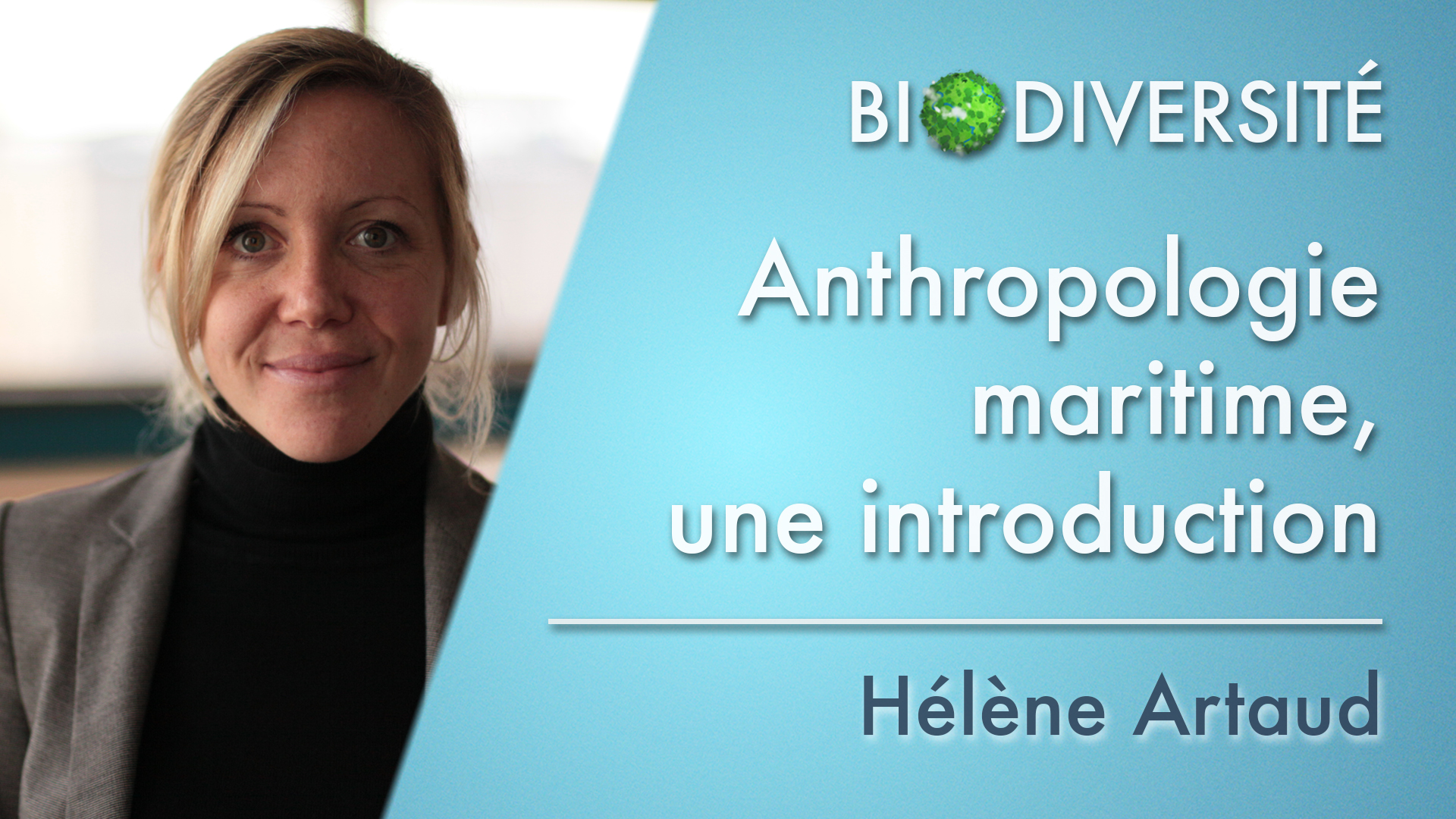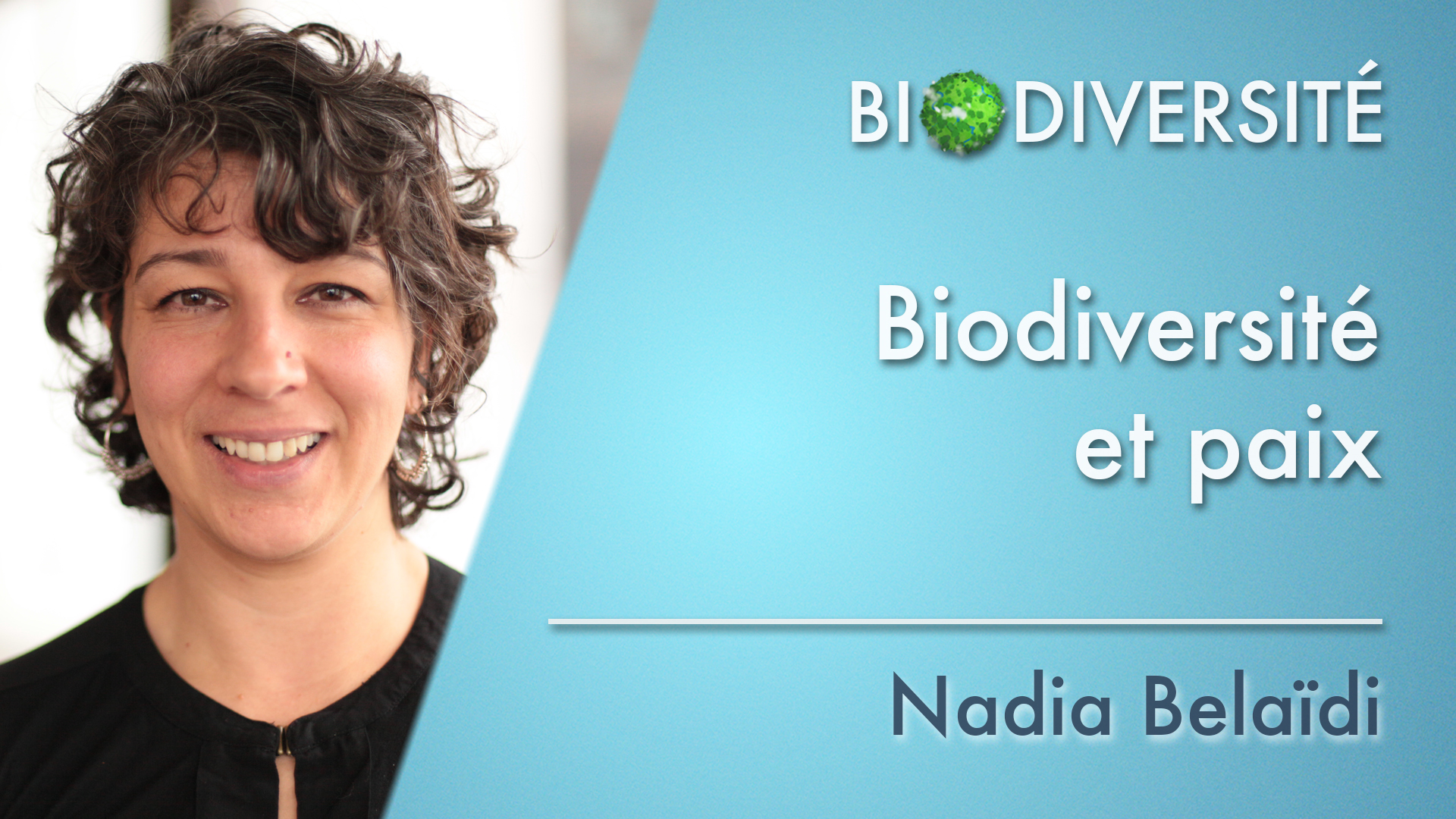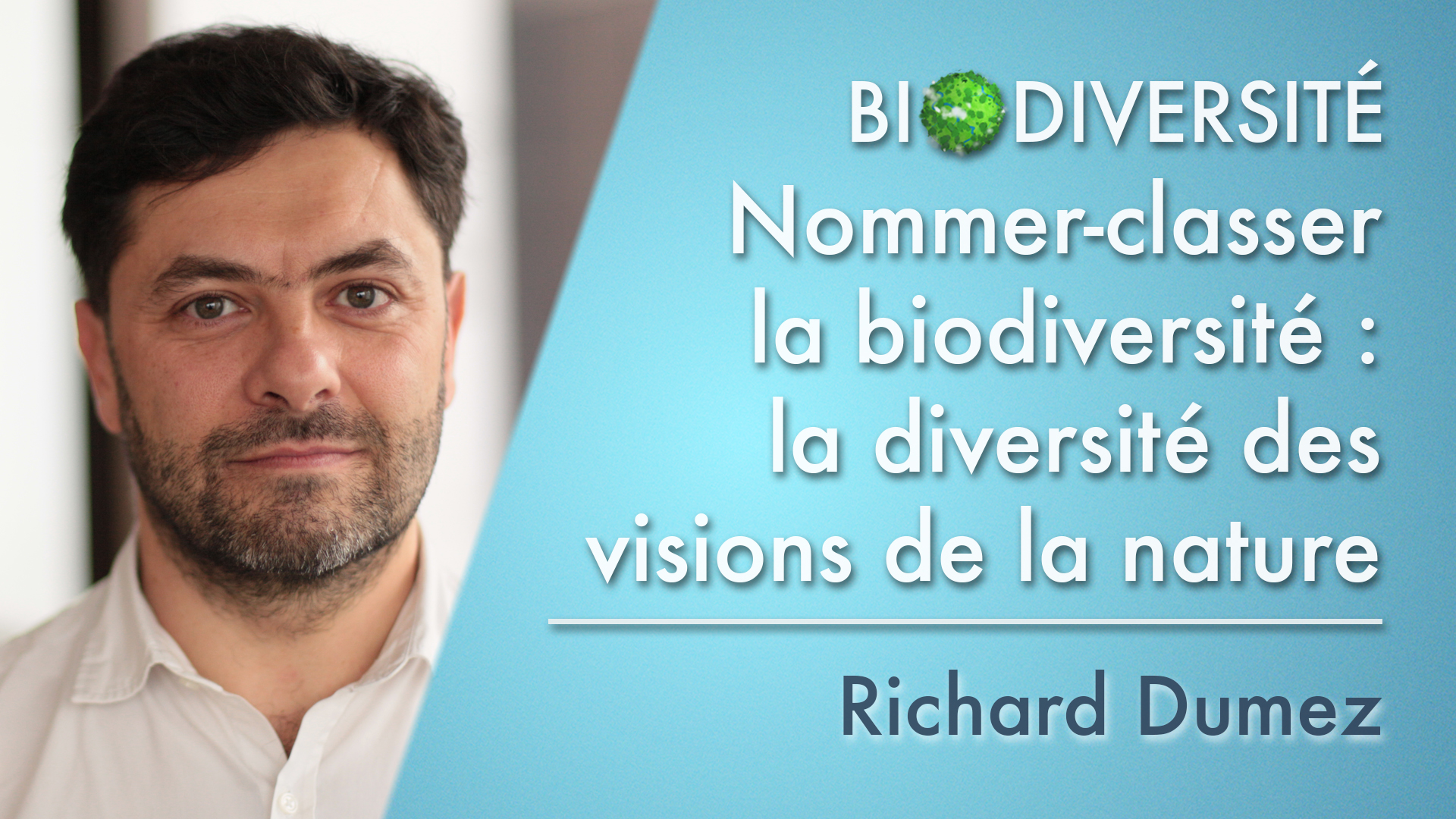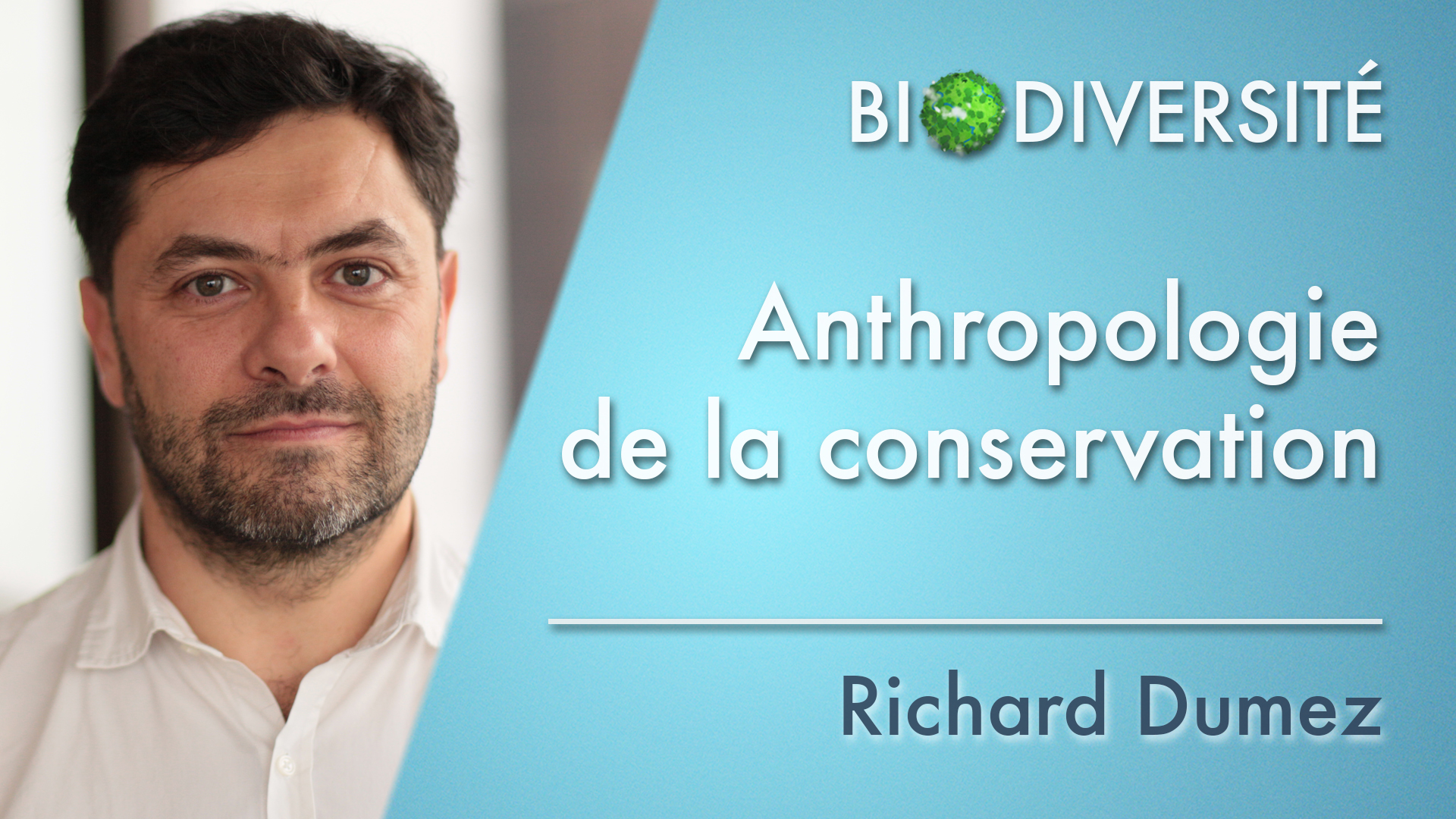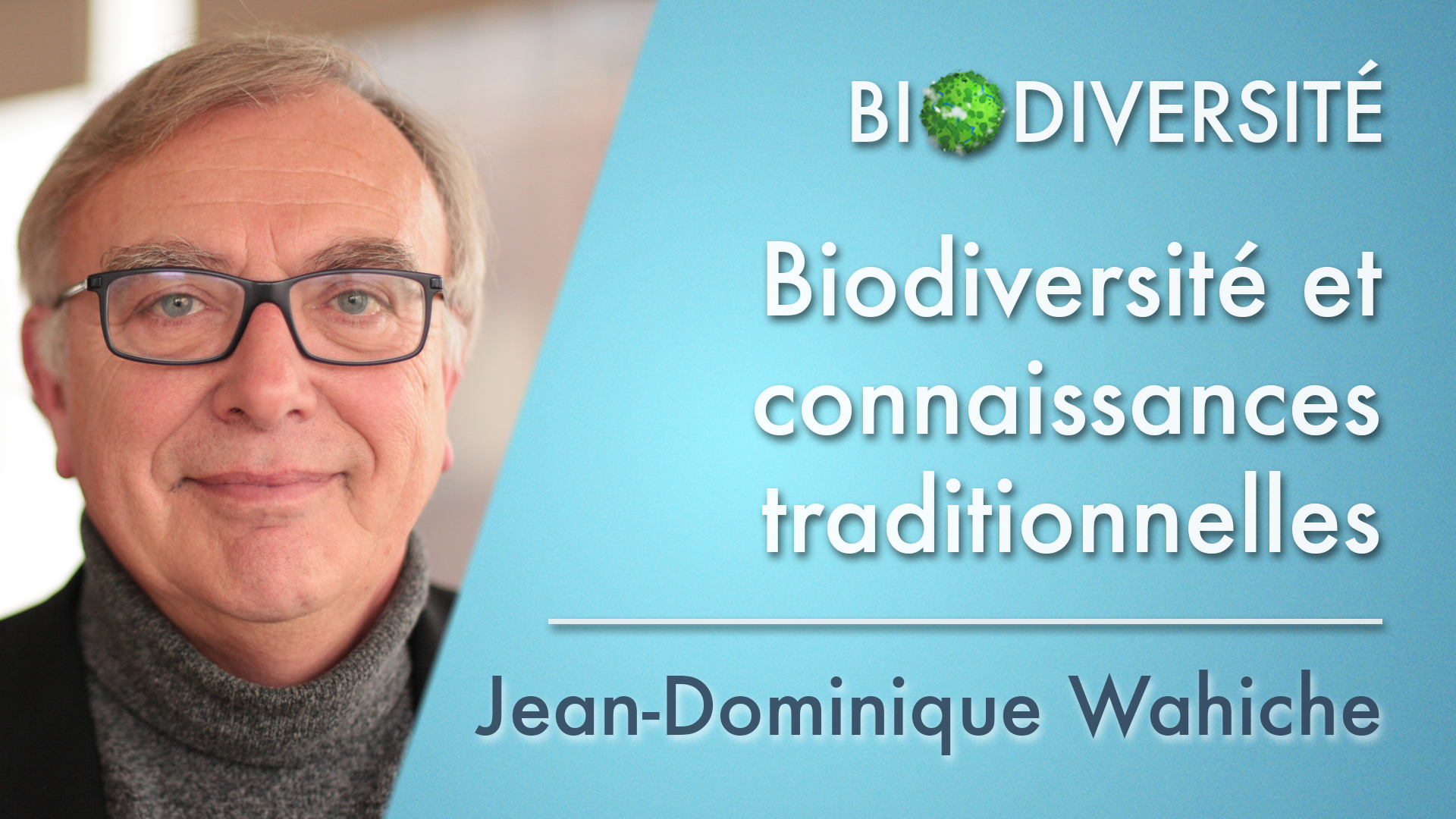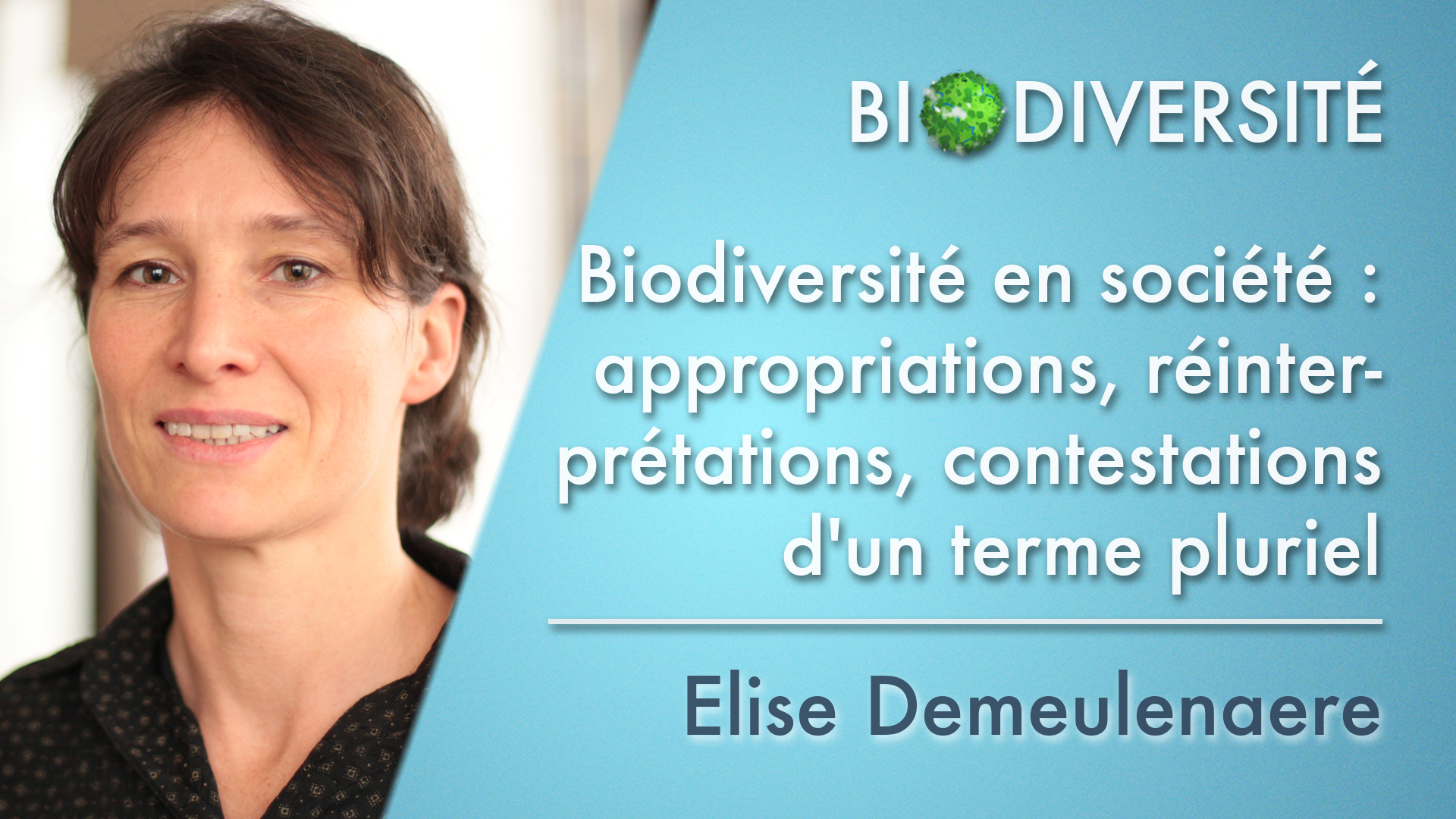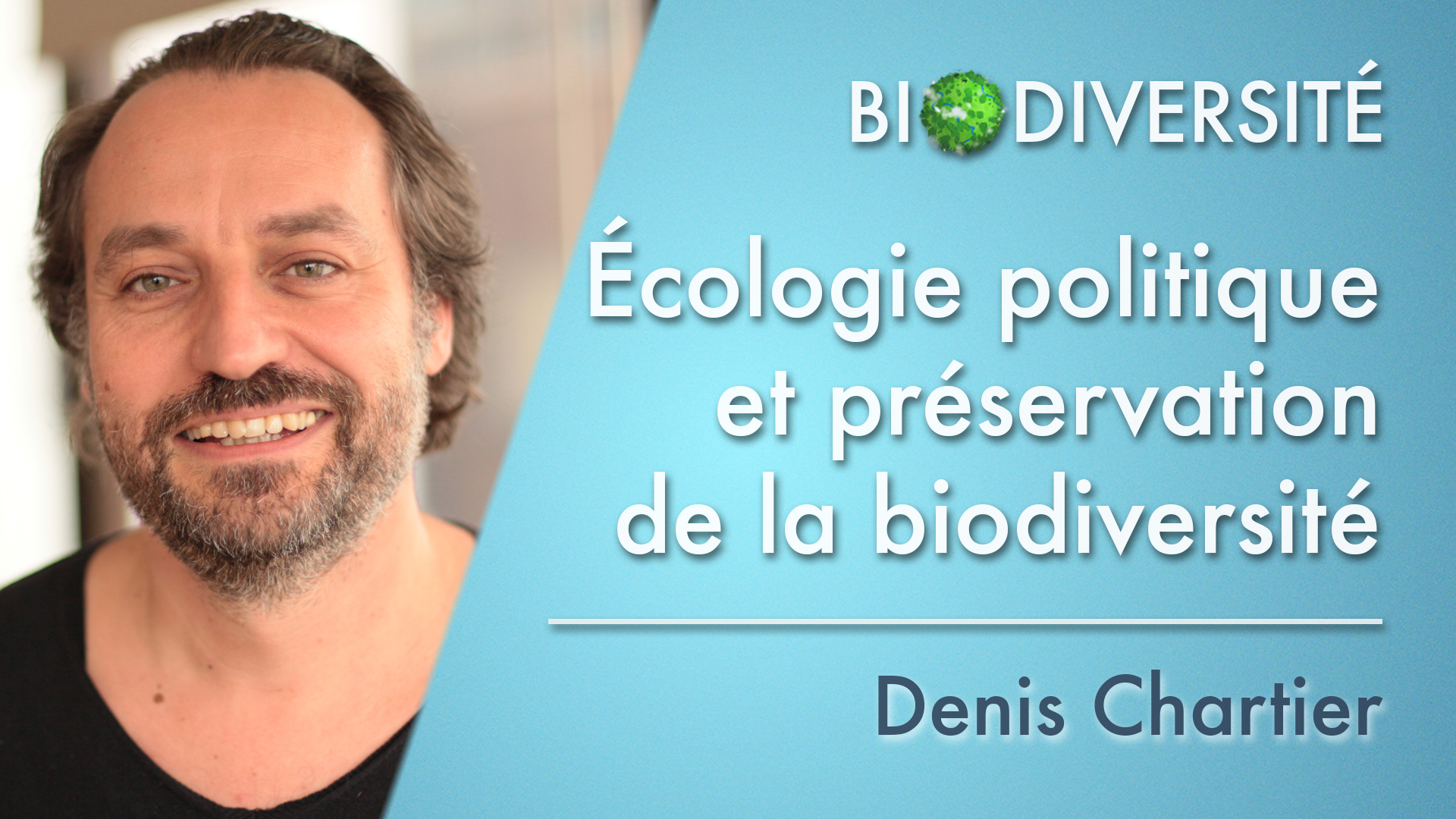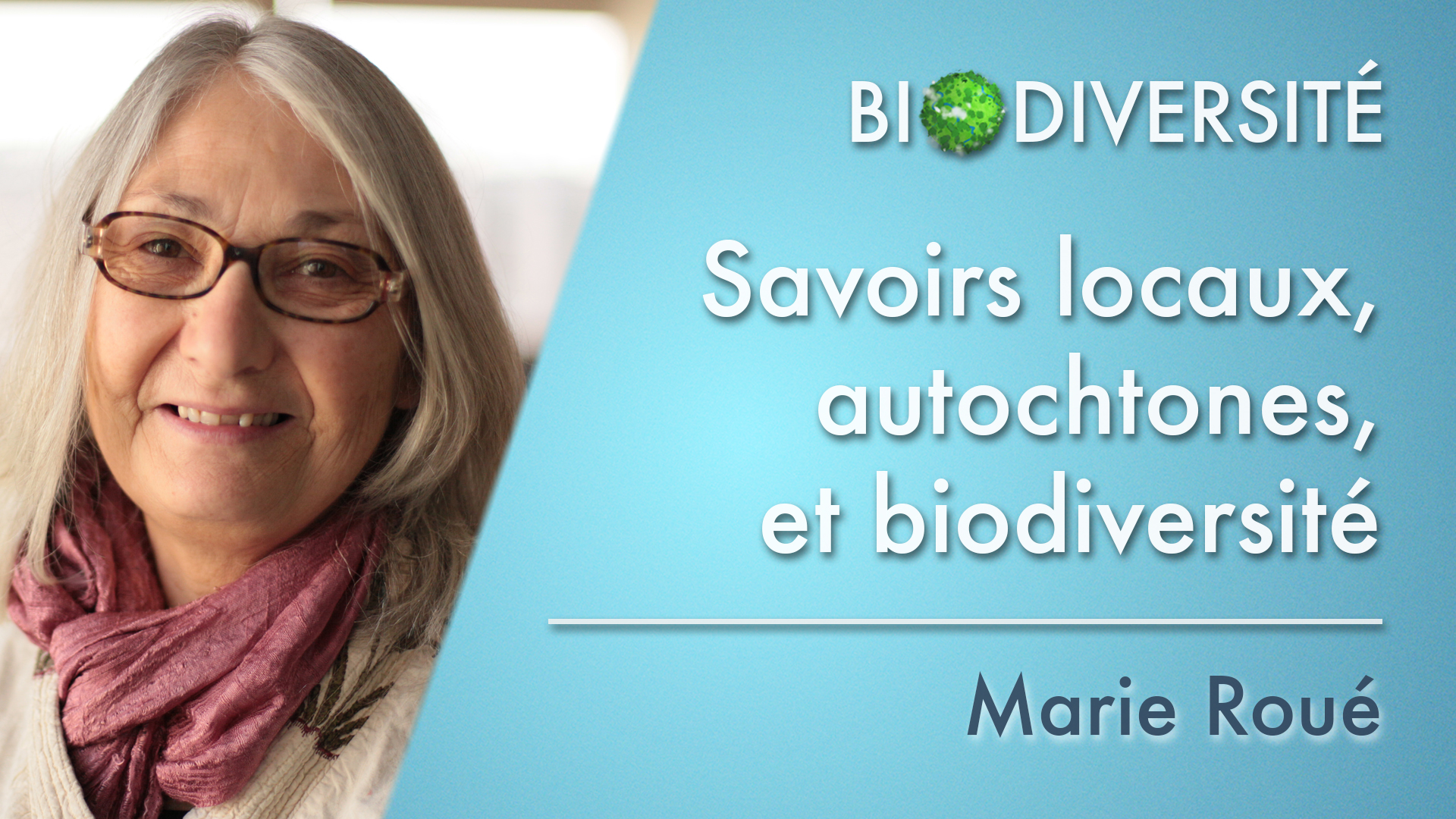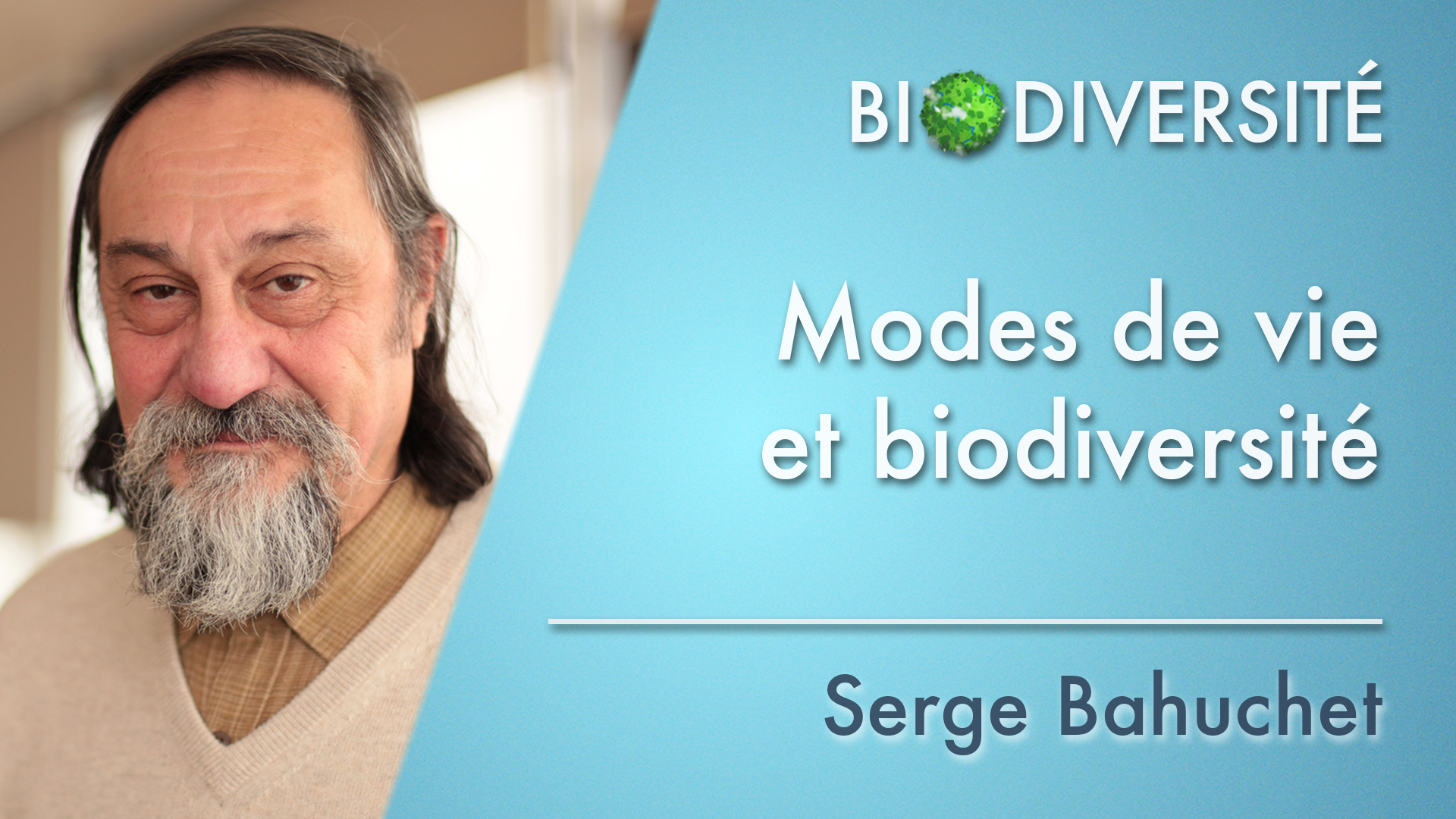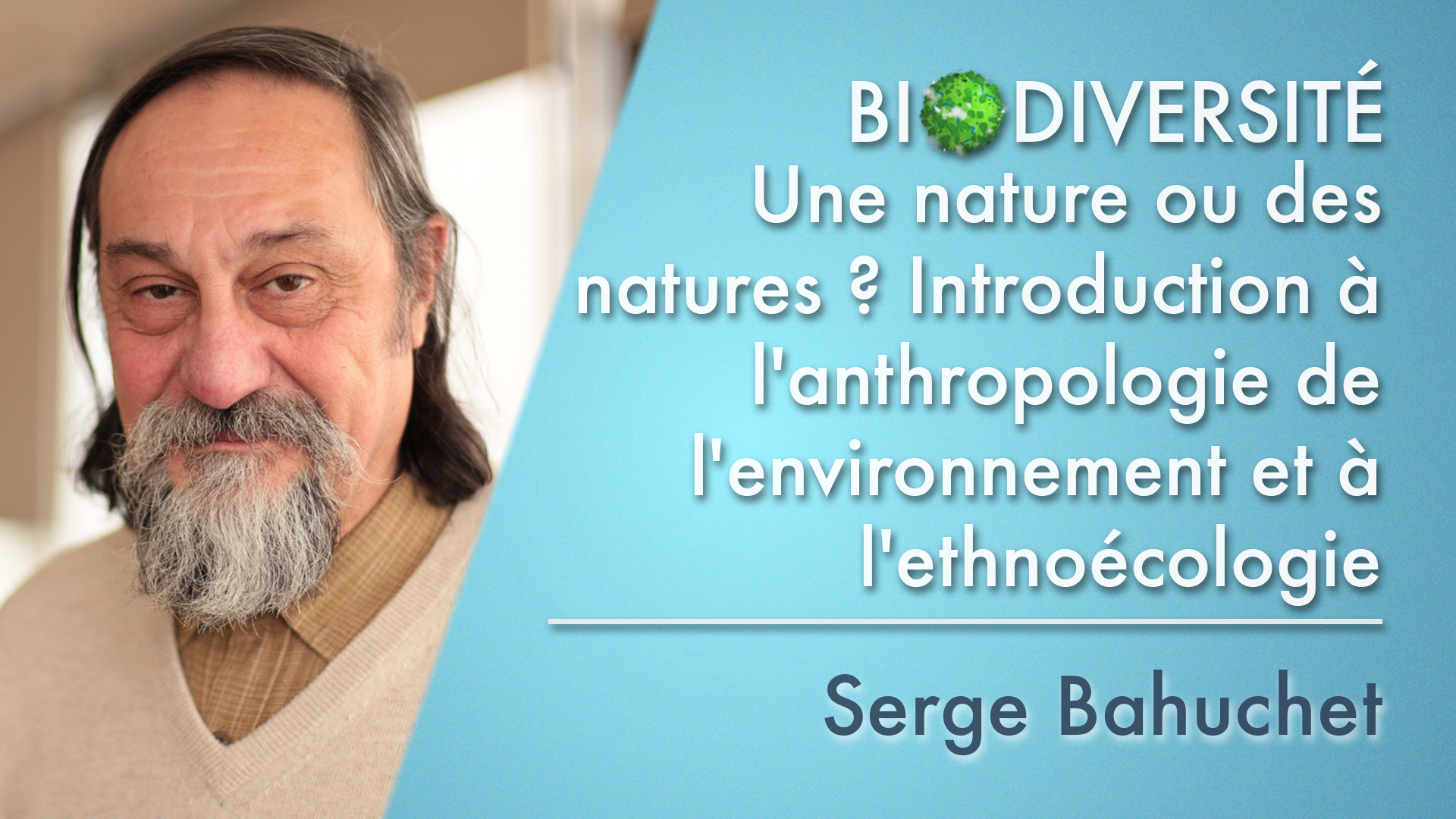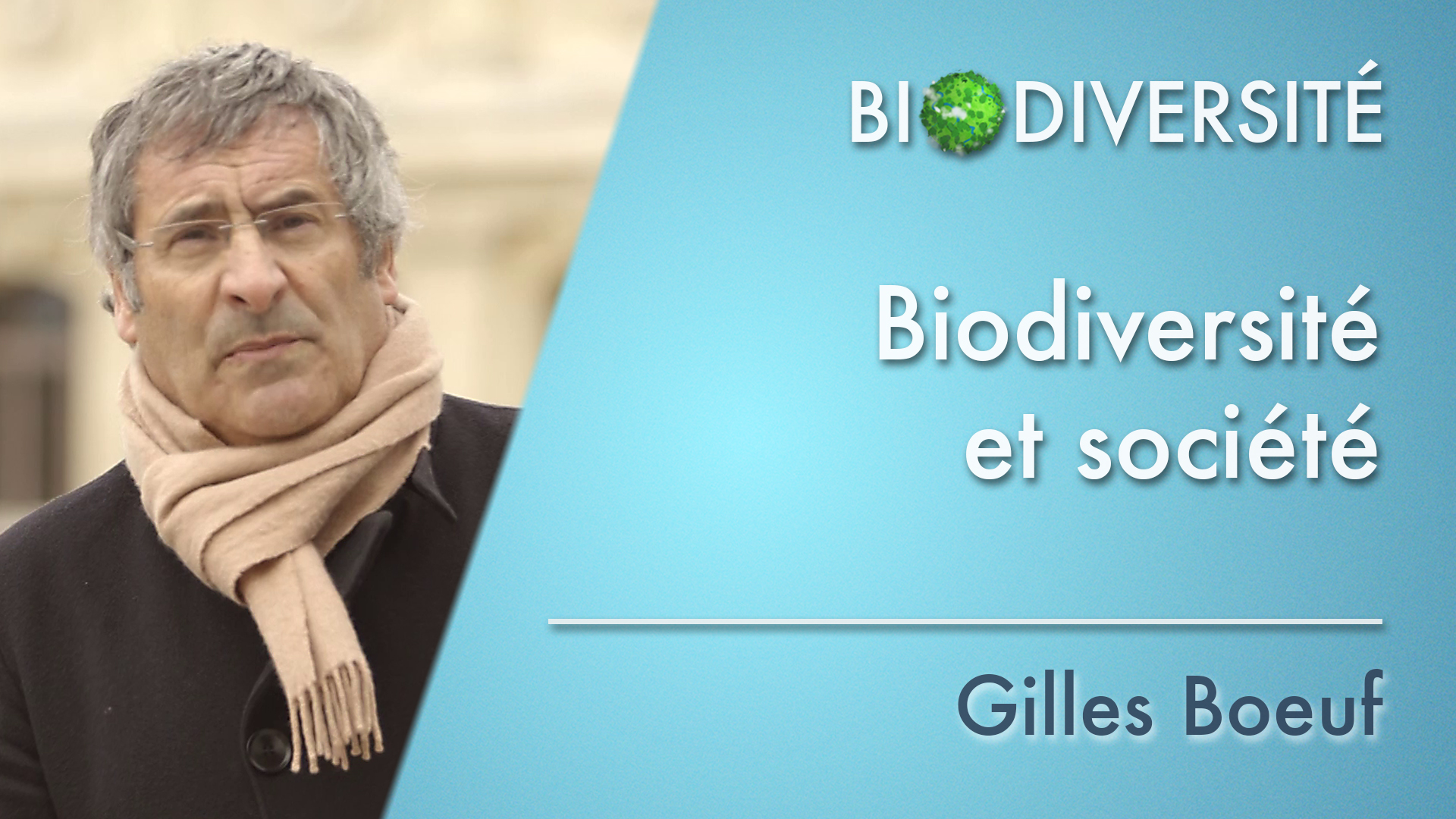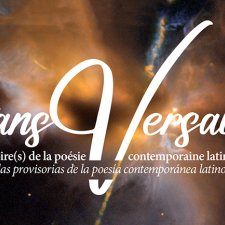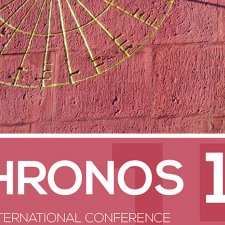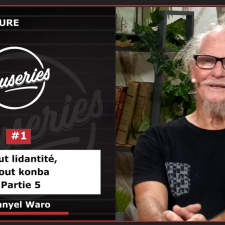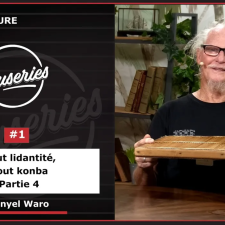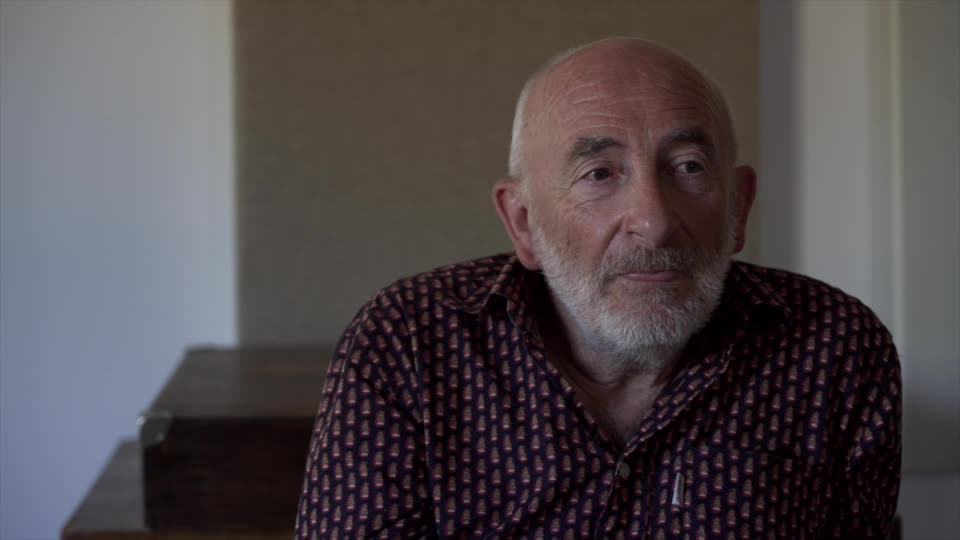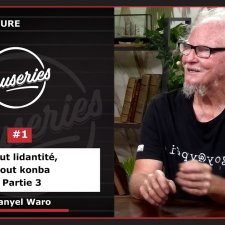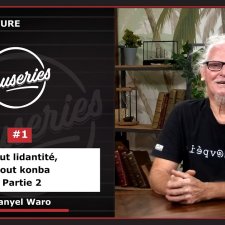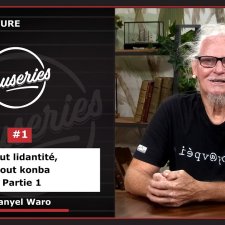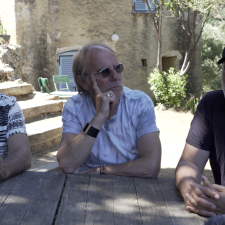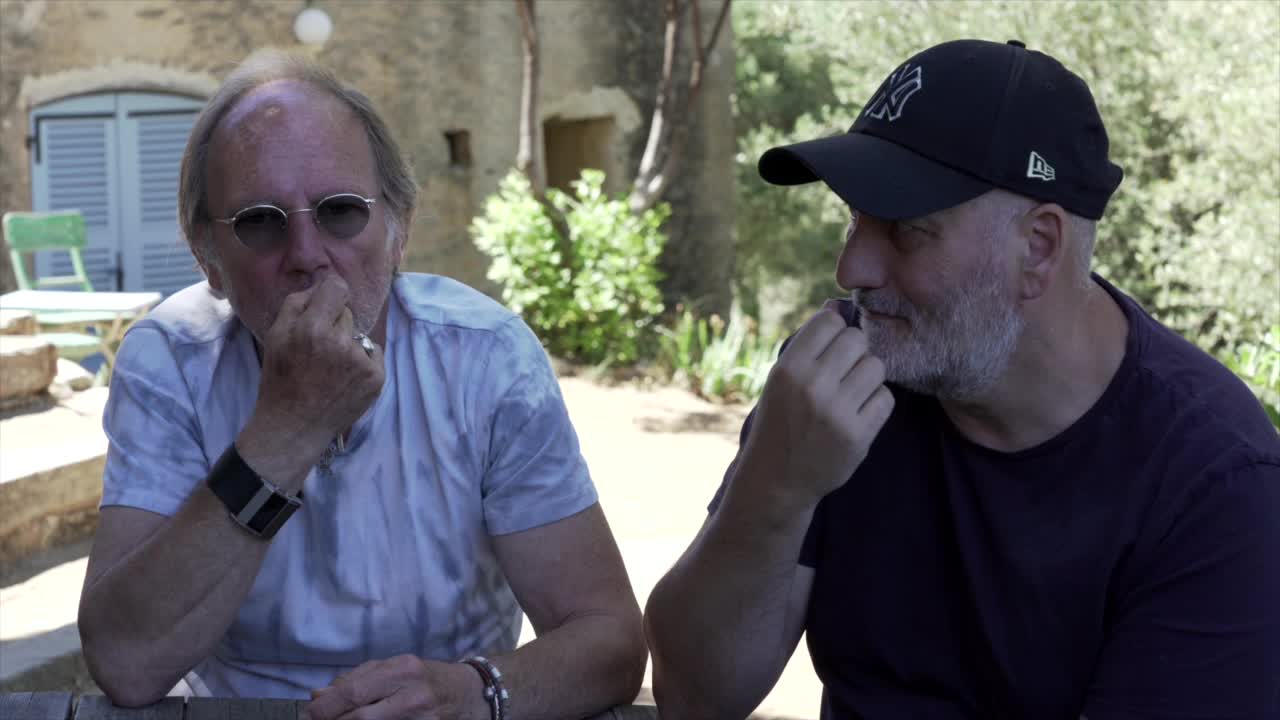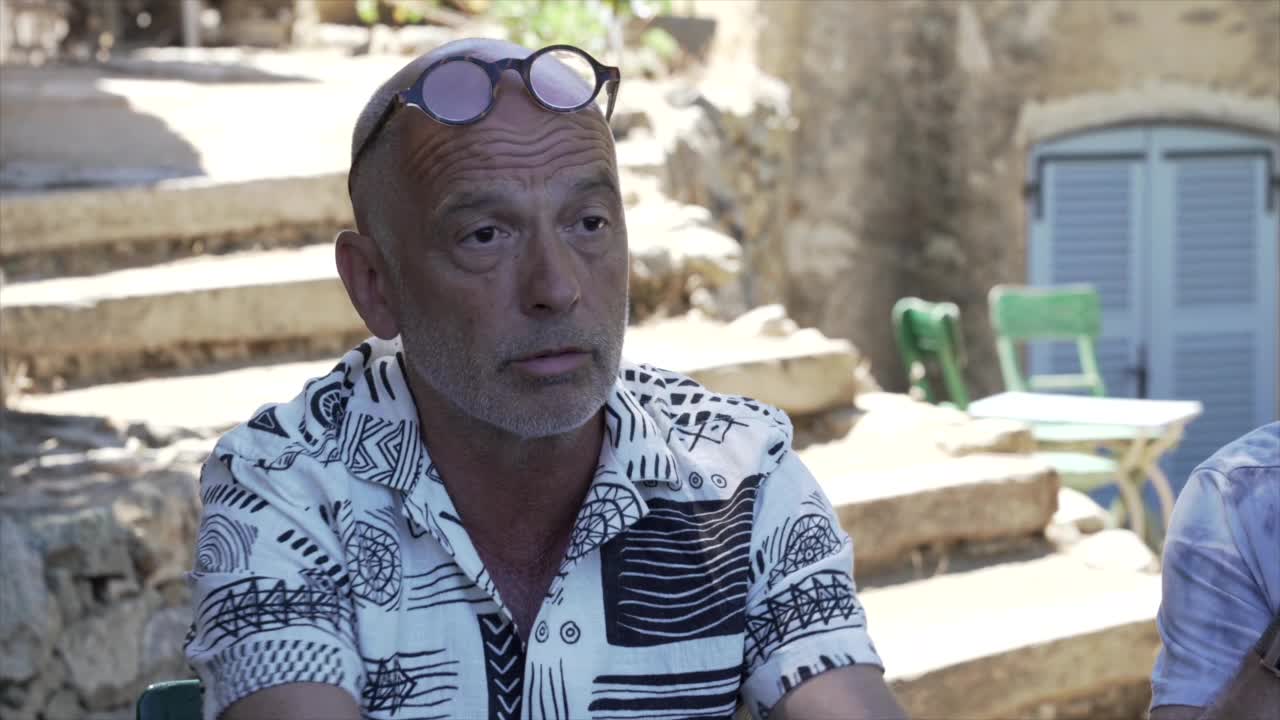Notice
3. Savoirs locaux, autochtones, et biodiversité
- document 1 document 2 document 3
- niveau 1 niveau 2 niveau 3
Descriptif
Marie Roué évoque les savoirs autochtones et locaux, et plus particulièrement leur connaissance et leur conservation. Après avoir posé le contexte juridique international, elle en présente et illustre les diverses composantes : savoirs, savoir-faire, pratiques et représentations. Elle insiste sur la dynamique de ces savoirs, sans cesse réinterprétés au regard des apports de la modernité.
Intervention / Responsable scientifique
Dans la même collection
-
EN-6. Maritime anthropology, an introduction
ArtaudHélèneHélène Artaud presents the field of maritime anthropology, whose vocation is to study the nature and the diversity of relations between human populations and maritime areas. She highlights the
-
EN-9. Biodiversity and peace
BelaïdiNadiaNadia Belaïdi presents the Peace Parks, which are protected areas having an objective of biodiversity cross-border protection, of peace between populations sharing resources, and of local development.
-
EN-4. Naming and classifying biodiversity: a diversity of the view of nature
DumezRichardThrough the study of the life classifications variety, Richard Dumez evidences the diversity of the views of the nature. Scientific classification, popular or vernacular classifications, he indicates
-
EN-7. Anthropology of conservation
DumezRichardRichard Dumez defines the anthropology of conservation, "crisis discipline" from the confluence of conservation biology, ethnoecology and nature anthropology.
-
EN-10. Biodiversity and traditional knowledge
WahicheJean-DominiqueJean-Dominique Wahiche evokes the law of the biodiversity and of traditional knowledge. On the basis of a definition of the heritage notion, he recounts the history of international negotiations about
-
EN-5. Various ways of reading biodiversity: appropriation, reinterpretation and dispute of a plural…
DemeulenaereEliseElise Demeulenaere proposes an analysis framework to better understand the variety of nature and biodiversity appropriation modes. She gives several examples underlining this diversity: the
-
EN-8. Political ecology and protection of biodiversity
ChartierDenisDenis Chartier presents the scientific political ecology. After a reminder of the international context, he proposes a definition of this. In order to understand the contributions of this discipline,
-
EN-3. Local and indigenous knowledge and biodiversity
Marie Roué mentions the native and loval knowledge, especially its expertise and its preservation. She presents the international legal context, then she talks about its diverse components: knowledge,
-
EN-1. Ways of life and biodiversity
BahuchetSergeSerge Bahuchet comes back to some crucial uses of the environment by the human populations: hunting, harvestinf, farming and agriculture. He evidences the complementarity of those uses, the
-
EN-2. One single type of nature or several different types: the diversity of vision for nature.
BahuchetSergeSerge Bahuchet explains that the nature is the subject of different views and perceptions. He recounts the main scientific currents which were interested in this (nature anthropology, ethnoecology,...
-
Biodiversity and society - Introduction
The preservation of the biodiversity, and of the services it provides to the human societies, involves a large variety of stakeholders and looks. All the preservation strategies are linked to the
-
6. Anthropologie maritime, une introduction
ArtaudHélèneHélène Artaud présente le champ de l'anthropologie maritime dont la vocation est d'étudier la nature et la diversité des relations entre les populations humaines et les espaces maritimes. Elle met en
Avec les mêmes intervenants et intervenantes
-
Sociétés arctiques et subarctiques : adaptation et savoirs autochtones
RouéMarieMarie Roué, directrice de recherche au CNRS, présente dans cette vidéo (11'55) les voies d'adaptation de peuples autochtones d'Arctique aux changements globaux. Elle montre que ces peuples ont dû s
-
Peuples autochtones et communautés locales en prise avec le changement
RouéMarieMarie Roué, directrice de recherche au CNRS, introduit dans cette vidéo (15'28) les différents enjeux liés à l'adaptation des peuples autochtones et des communautés locales aux changements globaux, et
Sur le même thème
-
Le Roi ne meurt jamais / The King Never Dies
LamarquePierreDemeulenaereEliseSynopsis du film. Konso (Sud de l’Éthiopie), février 2005. Après avoir vécu de nombreuses années à Addis-Abeba, Gezagn Kala est rentré dans son pays natal, Konso, pour devenir le 20ème poqalla (chef
-
Retentissement, écho, résonance : dispositif acousmatique de l’épos (un travail sur le « chant resp…
QuillierPatrickLe colloque TransVersales. État(s) provisoire(s) de la poésie latino-américaine contemporaine se proposait de faire émerger et d’analyser des questions toujours essentielles comme le rythme, le
-
Temporality, Orality and Discourse Structuring
CarruthersJaniceIn the first part of this paper I will present some of the results of a Horizon 2020-funded project on temporality in Occitan and French oral narrative, undertaken in partnership with Marianne Vergez
-
Maloya, Nout lidantité, nout konba - partie 5
LamraniSalimWaroDanyèlLe Maloya #1 - Nout lidantité, nout konba - Danyèl Waro - partie 5
-
Maloya, Nout lidantité, nout konba partie 4
LamraniSalimWaroDanyèlMaloya, Nout lidantité, nout konba partie 4
-
Entretien avec Christian Andreani, chanteur et collecteur
EsclapezChristineEntretien avec Christian Andreani sur la pratique et la collecte du chant en Corse
-
Maloya, nout lidantité, nout konba partie 3
LamraniSalimWaroDanyèlLes causeries de la culture - Maloya nout lidanté, nout konba partie 3
-
Maloya, nout lidantité, nout konba partie 2
LamraniSalimWaroDanyèlLes causeries de la culture - Maloya nout lidantité nout komba partie 2
-
Maloya, nout lidantité, nout konba partie 1
LamraniSalimWaroDanyèlLes causeries de la culture - Maloya partie 1
-
Projet COSA, entretien 1 : processus de création et improvisation musicale
MonteraJean-MarcCasalongaJérômeEntretien avec Jérôme Casalonga, Pierre Gambini, Jean-Marc Montera
-
Projet COSA, entretien 2 : Musique traditionnelle et éthique, propriété intellectuelle, "passeur" d…
MonteraJean-MarcCasalongaJérômeEntretien avec Jérôme Casalonga, Pierre Gambini, Jean-Marc Montera
-
Projet COSA, entretien 3 : bilan de la résidence de création musicale, la transmission
CasalongaJérômeMonteraJean-MarcEntretien avec Jérôme Casalonga, Pierre Gambini, Jean-Marc Montera


